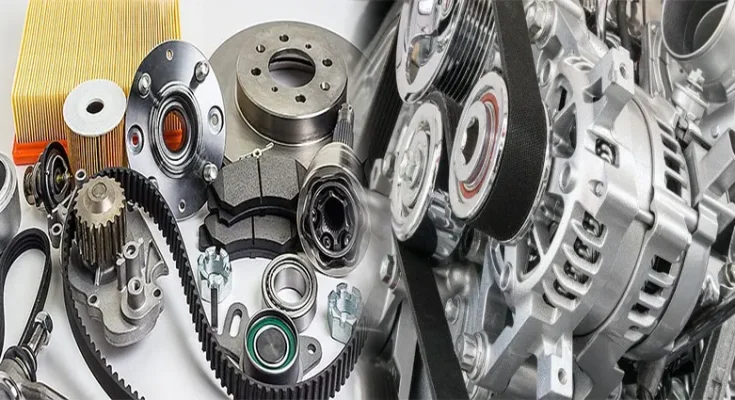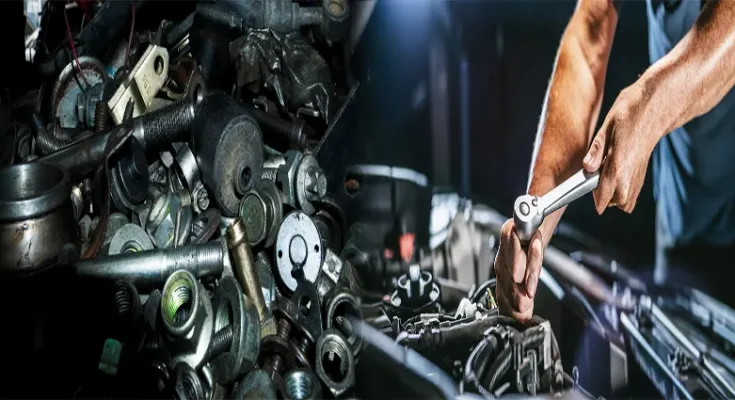
Exploring the Top-Rated Auto Parts Stores for OEM Replacement Parts
When it comes to ensuring the optimal performance and longevity of your vehicle, choosing high-quality, OEM (Original Equipment Manufacturer) replacement parts is crucial. For drivers seeking top-rated auto parts stores that specialize in OEM replacement parts, we have curated a list of trusted establishments known for their commitment to quality and authenticity:
RockAuto
RockAuto is a well-established online auto parts store renowned for its extensive selection of OEM replacement parts from leading manufacturers. With a user-friendly interface and competitive pricing, RockAuto offers customers the convenience of shopping for authentic OEM parts across a wide range of vehicle makes and models.
CARiD
CARiD is a go-to destination for drivers looking for OEM replacement parts, as the store partners with top manufacturers to provide a vast inventory of authentic components. From engine parts to exterior accessories, CARiD ensures that customers can easily find and purchase OEM parts that meet the exact specifications …
Exploring the Top-Rated Auto Parts Stores for OEM Replacement Parts Read More




